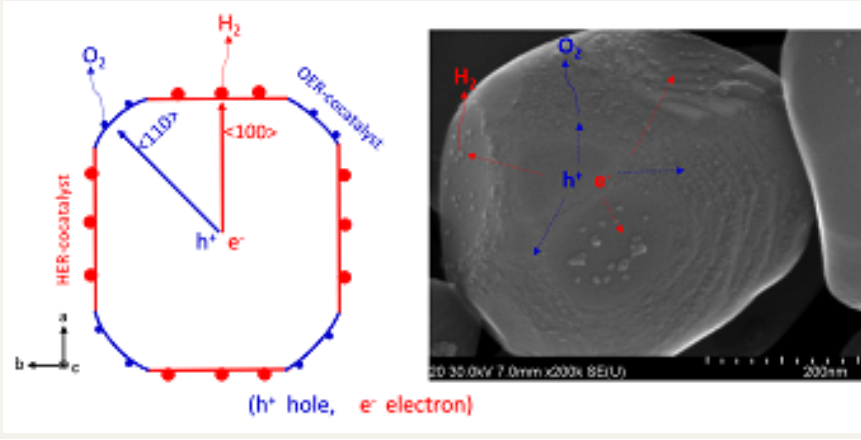
Researchers have successfully transformed CO2 into methanol by shining sunlight on single atoms of copper deposited on a light-activated material, a discovery that paves the way for creating new green fuels.
An international team of researchers from the University of Nottingham’s School of Chemistry, University of Birmingham, University of Queensland, and University of Ulm have designed a material made up of copper anchored on nanocrystalline carbon nitride.
The copper atoms are nested within the nanocrystalline structure, which allows electrons to move from carbon nitride to CO2, an essential step in the production of methanol from CO2 under the influence of solar irradiation...
Read More








Recent Comments